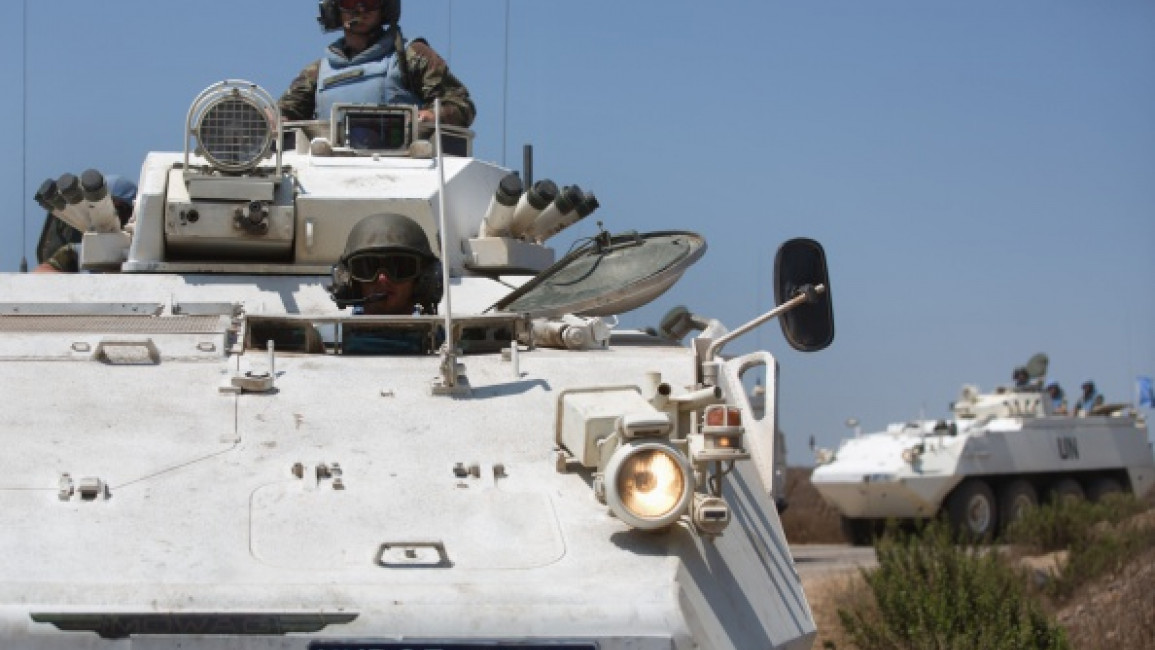Irish peacekeepers set to leave UN force in Syria's Golan Heights
Ireland is removing 130 soldiers from a United Nations peacekeeping force that patrols the illegally Israeli-occupied Golan Heights, as it seeks to step up its military commitments elsewhere.
Dublin wants more servicemen and women for the planned 'EU Battlegroups', a multinational military force that will help the EU "respond to emerging crises and conflicts around the world", according to the mission's website.
The Irish soldiers currently serving in the occupied Syrian highlands, which will make up part of this group, are part of the United Nations Disengagement Observer Force (UNDOF) mission and will remain in place until March or April next year.
"The military advice provided to me was that the Defence Forces' should reduce our commitments with UNDOF in preparation for our participation in the EU Battlegroup," said Irish Defence Minister Michael Martin in a statement on Wednesday.
The Irish military, which still operates under a policy of neutrality, totalled 7,987 personnel at the end of 2022, according to the military blog 'War on the Rocks'.
The Irish departure from the occupied Syrian territory will "relieve ongoing challenges in respect of filling of certain specialist roles in overseas deployment", according to the Irish defence department.
The 1,000-strong UNDOF mission was originally dispatched to a buffer zone between Israel and Syria in the Golan in 1974, tasked with monitoring a ceasefire.
Ireland also has troops in a peacekeeping force in south Lebanon, which has served in the area since the 1970s.
In December, Private Sean Rooney lost his life after an apparent ambush in southern Lebanon, the first Irish soldier killed in combat in 23 years.
Israel seized 1,200 square kilometres (460 square miles) of the Golan Heights territory from Syria in the 1967 Six-Day War and later illegally annexed it, in a move never recognised by the international community.
Former US President Donald Trump's decision to recognise the Golan as Israeli territory, a move condemned by many of its allies, prompted speculation that Washington would seek to end the UNDOF mission, which still remains in place.
Three Security Council resolutions have called on Israel to withdraw from the occupied Golan.



